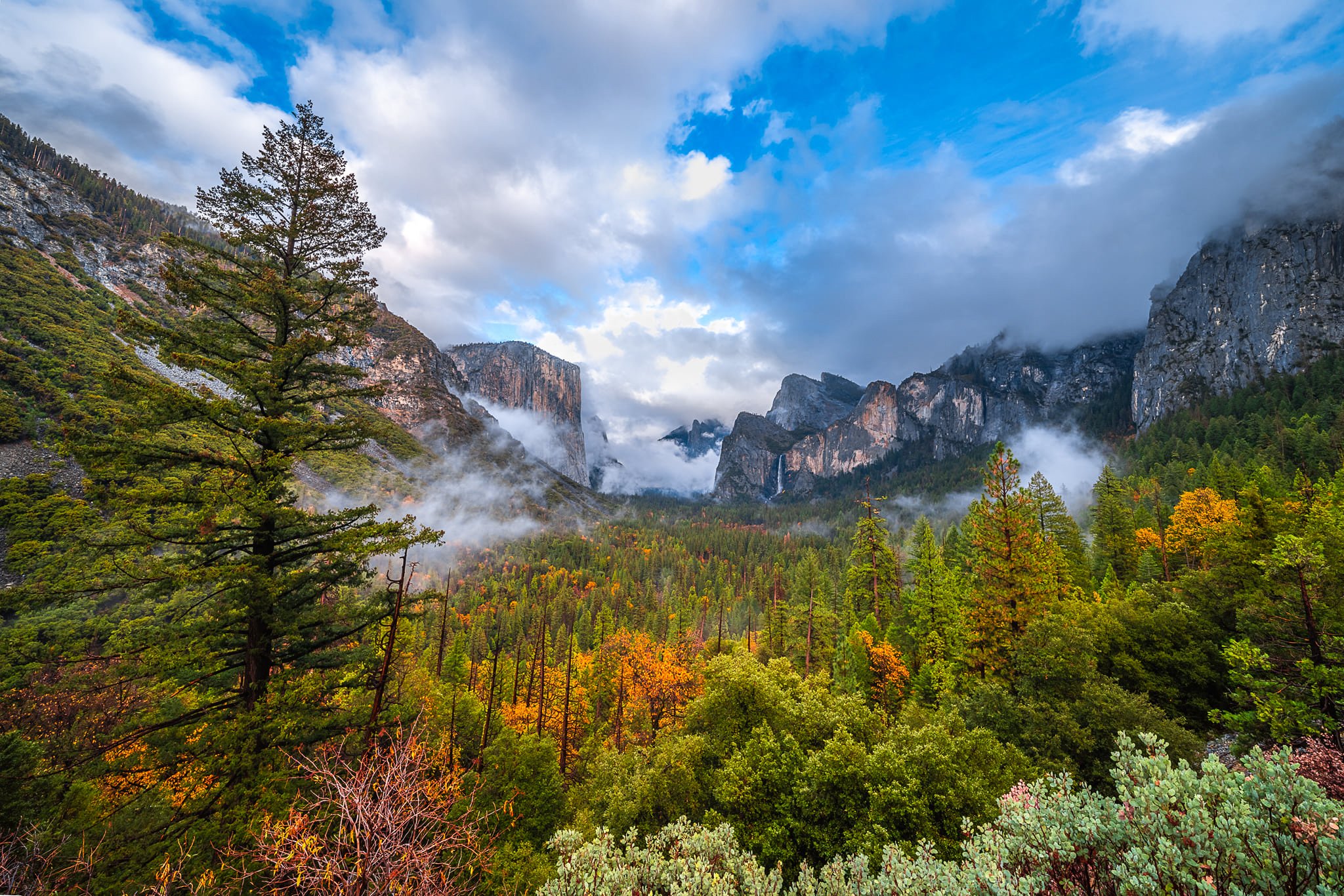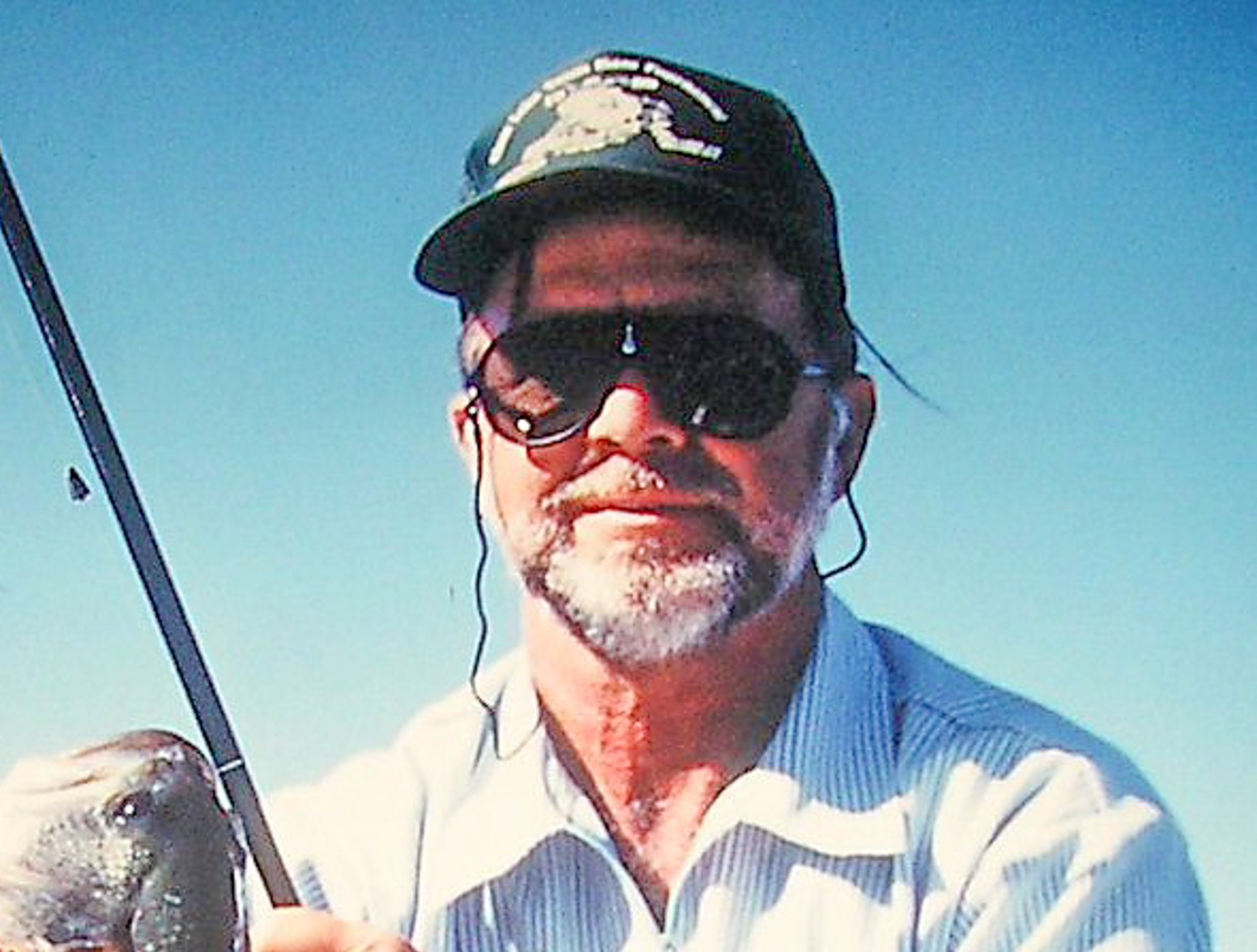
BIOGRAPHIES
J D RICHEY
J D Richey is one of California’s preeminent outdoor guides, authors, photojournalists, writers, an innovative angler, and an ardent conservationist.
J D Richey is one of California’s preeminent outdoor guides, authors, photojournalists, writers, an innovative angler, and an ardent conservationist.
Known to readers of the Western Outdoor News, Field & Stream, Western Angler, Western Outdoors, California Game & Fish, and Auburn Journal, Richey started a guiding business that focused on Central Valley salmon. He continues to guide in California, Alaska and Nevada.
He became a popular seminar speaker, TV show guest, radio program contributor and created the online class, Catch More Steelhead.
State agencies have sought his expertise for river restoration work and to catch fish for tagging studies.
He has written several fishing-themed books, including Side-drifting for Steelhead and contributed columns and feature articles to Salmon Trout Steelheader, GuideFitter Journal, and Salmon Steelhead Journal. His website, fishwithjd.com, receives 20,000 to 50,000 visits a month.
J D Richey was a charter officer of the 3,800-member Nor-Cal Guides & Sportsmen’s Association, a non-profit organization dedicated to improving hunting and fishing opportunities throughout The Golden State.
TERRY KNIGHT
He is the consummate woodsman, an expert hunter and fisherman in many areas, yet has also reached thousands with his writing, seminars and free skill clinics. As a master outdoorsman, he has guided trips for bass fishing, turkey hunting, deer hunting and pig hunting, as well as nature walks and history tours. The late Rick Copeland (Class of 2008) recognized Knight as the rare talent who was capable of instructing even the most skilled, veteran hunters, and brought him in to teach at seminars hosted by Wilderness Unlimited. Knight is also a historian who has long studied the natural history of California and occasionally gives talks about it, with a specialty of his home water, Clear Lake, Mount Konocti and the surrounding area.
For more than 30 years, Knight has been a staff writer for ESPN Outdoors, Fishing and Hunting News, Western Outdoors, Bay Nature Magazine, Wilderness, Unlimited plus a number of newspapers, and currently writes a twice-weekly column for the Lake County Record Bee and the Ukiah Daily Journal. He has broken the barrier and is able to connect to the nonhunting/nonfishing public by writing about wildlife behavior, the environment, nature and, in turn, how it can affect fish and wildlife.
NORMAN CLYDE
This 20th-century mountaineer (1885-1972) achieved more than 130 first ascents, many in California's high Sierra and Yosemite. He set a speed climbing record on Mount Shasta in 1923, where he climbed from Horse Camp (at 8,000 feet) to the summit (14,179 feet) in 3 hours and 17 minutes. In 1925, he completed 53 climbs in the Sierra Nevada. Clyde has 1,467 articles archived at the Bancroft Library at the UC-Berkeley. He was a guide, naturalist and author.
"In my 80s, I still prefer to sleep outside at my ranch house, in my sleeping bag, not a bed," said Clyde, according to the Bancroft Library.
In 2018, Tapon returned to his California home after a series of expeditions in which he hiked 10,000 miles, including 2,000 miles across Madagascar, and climbed 50 of 54 of Africa’s highest peaks. Tapon has traveled to more than 100 countries and has written two books, “Hike Your Own Hike,” from 2006, and “The Hidden Europe: What Europeans Can Teach Us,” in 2012.
“The whole five years in Africa, it cost me $110,000,” he said. “It’s a lot of money, it’s true, but a lot of people could afford to do this if they wanted to. I camp, I live simply, buy street food. My biggest expense was a reliable 4x4 pick-up truck to get around Africa.”
GALEN CLARK
Clark (1814-1910) is best known for his discovery of the Mariposa Grove of giant sequoia trees and for his role as guardian of Yosemite National Park for 21 years. In 1853, Clark had tuberculosis and doctors gave him six months to live. He then moved to the Wawona area of Yosemite as a homesteader. His lungs healed and he subsequently explored and climbed much of what became Yosemite National Park.
Upon his discovery of the Mariposa Grove, Clark persuaded Congress to pass the Yosemite Grant, which provided first-of-a-kind park-like protection for the Mariposa Grove. Clark then became the first civilian ranger of Yosemite.
He ran a hotel in Wawona and wrote three books, including "Indians of the Yosemite" (1904) and "The Yosemite Valley" (1910). After being told he would die a young man, he lived to be 96 and is buried in the Yosemite Cemetery. Said Clark: "I went to the mountains to take my chances of dying or growing better, which I thought were about even."
LESLIE APPLING
Leslie Appling of Palm Springs is a renowned wilderness guide and founder of the Leave No Trace movement that promotes seven principles for outdoor ethics: plan ahead and prepare, travel and camp on durable surfaces, dispose of waste properly, leave what you find, minimize campfire impacts, respect wildlife and be considerate of others.
ED RICE
Ed Rice founded the International Sportsman's Exposition, was a world-champion fly fisher and the only living member voted unanimously into the California Outdoors Hall of Fame.
Ed Rice was founder of the International Sportsman's Exposition, a world-champion fly fisher, and the only living member voted unanimously into the California Outdoors Hall of Fame.
Ed grew up outside of Chico. Like many country boys, Rice fished and hunted everywhere within range. By the time Ed was in his 20s, his range expanded around the world.
He fished in 40 countries on six continents, across North America and had 88 different weeks in Alaska.
In the process, he caught 242 species of fish on a fly rod, more than anybody in the world. Rice is believed to be the only fly fisher to have caught (and released at the boat) the grand slam of the Caribbean twice in three days -- the tarpon, bonefish and permit.
As a maverick promoter, Rice invented the most copied sports show in the world. He featured instruction by experts, a model in North America. He also was the only promoter in America to donate free booth space to conservation groups and fly in world-renown anglers from across the hemisphere.
Rice created sport shows in Sacramento, San Mateo, Eugene, Portland, Seattle, Denver, Phoenix and Southern California.
He was also inducted into the Federation of Fly Fishers Hall of Fame.
For his last trip, he asked fellow Hall member Tom Stienstra to take him to Rufus Woods in northeastern Washington. Though he was blind, he still was the top rod on the lake.
At one trip there, he had 14 straight casts with 3- to 10-pounders. He missed the set on one, then had another run of 11 straight. All catch and release.
At one point, driving up the lake, he asked Tom to move aside at the wheel. "Are there any boats ahead of us?" he asked. "No? Then I'll take the wheel. Move aside my boy." He pushed forward on the throttle and powered ahead while Stienstra watched for obstacles.
"Man, that fresh air in my face . . . feels good."
CAROLE LATIMER
No other person in America has introduced more women to the outdoor experience than Latimer. As a guide, outfitter and owner of "Call of the Wild, " Latimer has taken more than 3,000 women camping, backpacking, hiking and kayaking, many for the first time.
In the process, she has summited Mount Whitney 23 times, including rock- climbing the east face, traversed most of the Sierra Nevada, and ventured across the hemisphere, including trips to Denali, the Arctic National Wildlife Refuge, the Grand Canyon and Rocky Mountains.
Latimer has pioneered a unique approach to camping for women by emphasizing self-reliance, gourmet food, sleeping comfort and staying clean, such as ways to bathe in a garbage bag. By teaching Leave No Trace, she has demonstrated the ethical use of wilderness for thousands of new- comers. In addition, her wilderness meal recipes have generated a cult-like following across America.
Latimer lives in Berkeley, where her business is based.
A personal glimpse: "Women blossom when they leave behind the expectations of their everyday lives, and meet the challenge of the outdoors with the support and enthusiasm of other women."












